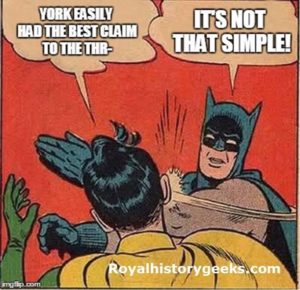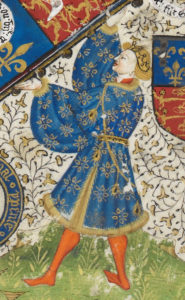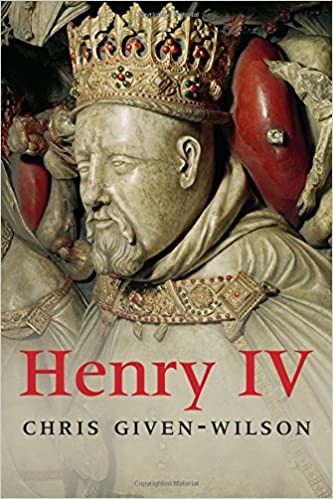
Let’s be honest: lockdown sucks! But it does mean there’s more time for reading. Over the next couple of weeks, I will review 10 books which all Royal History Geeks should add to their reading list
Like most Royal History Geeks I’m in love with popular history. When surveying the past is just a hobby, time is limited. The compelling narrative of a popular publication stimulates the mind and soothes the soul.
But as time goes by, those of us drawn further and further into the web of history sometimes need a little bit more. Our thirst for knowledge yearns for greater depth. We will always love every new 300-page paperback about our favourite medieval or Tudor ruler. Yet, it gets harder to spot a fact or analysis that we hadn’t stumbled across before.
It’s time for us to join the debates that have consumed historians since the events first happened. We want to learn more about the local studies and textual analyses that theories are built on. We don’t want to just be told that Professor Historylove had conducted a revolutionary study on the Calendar of Patent Rolls. We want to see if for ourselves.
Henry IV, by the great medievalist Chris Given-Wilson, is the perfect transition for anyone wanting to make the leap from popular history to the academic arena. Given its biography format, its structure is one that we are broadly familiar with. It retells accounts of myths and legends. But it sets the record straight on what is most likely to have happened.
The first Lancastrian King is often overshadowed by the glory of his son’s campaigns and the disaster of his grandson’s reign. But he is an intriguing figure in and of his own right. As the author says, while Henry is not remembered as great King, it is not impossible to imagine that in different circumstances, he could have been. And even before he became king, his life was more than worth reading about.
The book kicks off with a detailed examination of Henry’s Lancastrian inheritance. Many books talk about the vast wealth of the Dukes of Lancaster. This one gives detail. It proceeds to explore what is known of his early life. It analyses the factors that caused him to rebel against his cousin Richard II.
Eventually the book explores events that Royal History Geeks may be more familiar with. Richard II’s decline into tyranny and Henry’s ultimate usurpation of the crown. The house of Lancaster has finally claimed the throne of England. But for Henry at least, it will never be a throne he sits on comfortably. Rebellions, fiscal concerns and family division cause most of the King’s reign to be a stressful one. Ill health and injury blight his final years.
Unlike popular historians, academics give little space for speculation over things we can only guess at. So you’re going to be disappointed if you’re expecting much insight into how Henry felt at the early death of his wife, Mary de Bohun. If you’re after an analysis of any pangs of guilt associated with overthrowing his cousin, look elsewhere. If you’re desperate to empathise with him about what it feels like to be betrayed by your son, this isn’t the book for you.
But none of that means that Henry doesn’t come across as a real human being. He is presented as a pious man interested in theology. John Beaufort, Thomas Swynford and Archbishop Arundel all emerge as life-long friends and companions.
The book is not an easy read. The author would probably be insulted if it were. I openly confess to reading a chapter and then feeling I had to read it again to fully digest. It must be studied rather than just read. But if you can give the book the time and mental energy it deserves, you will be richly rewarded with a deepening of knowledge and a broadening of the mind.
Henry IV by Chris Given-Wilson is available from Amazon.
However, please consider supporting your local book seller. If you are based in the UK, search for your local book seller at the Book Seller Associations website.
Subscribe to our newsletter!
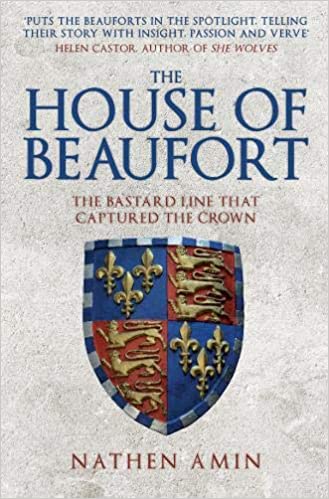
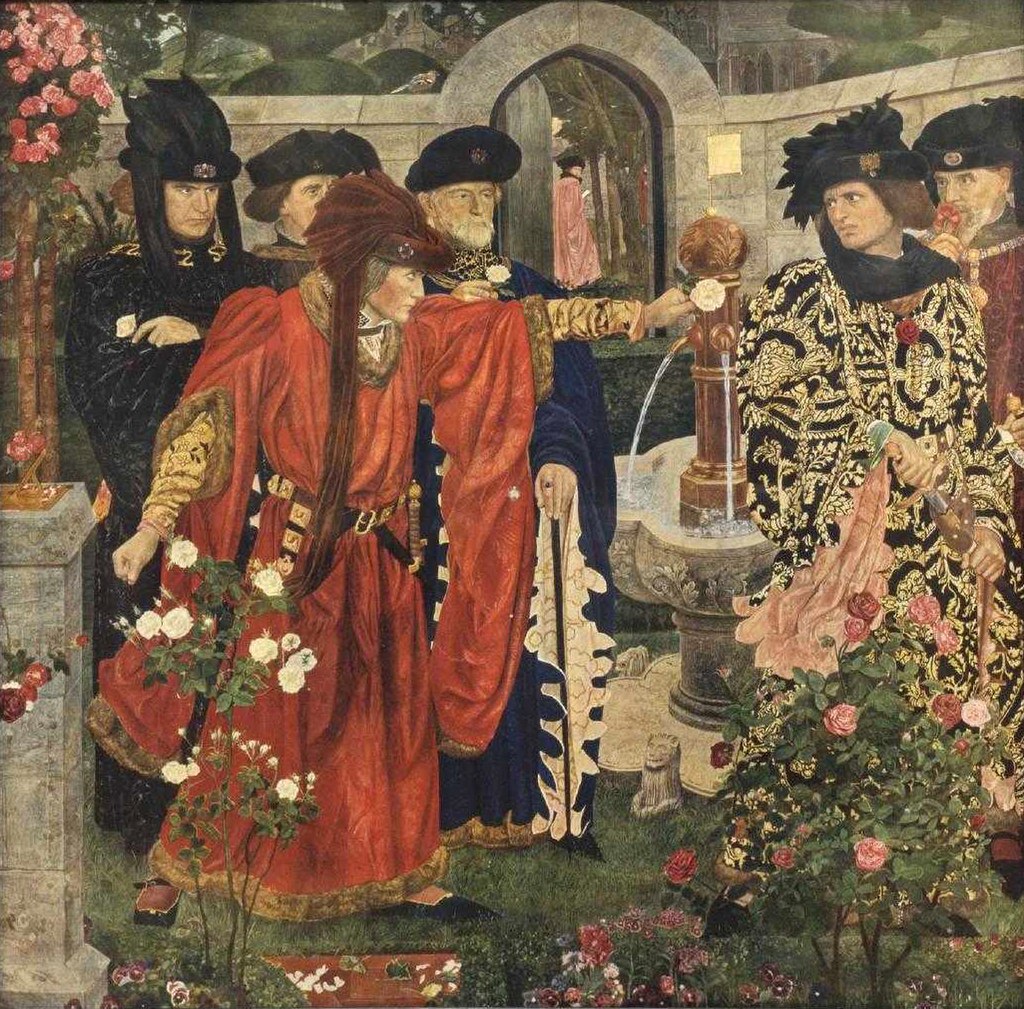
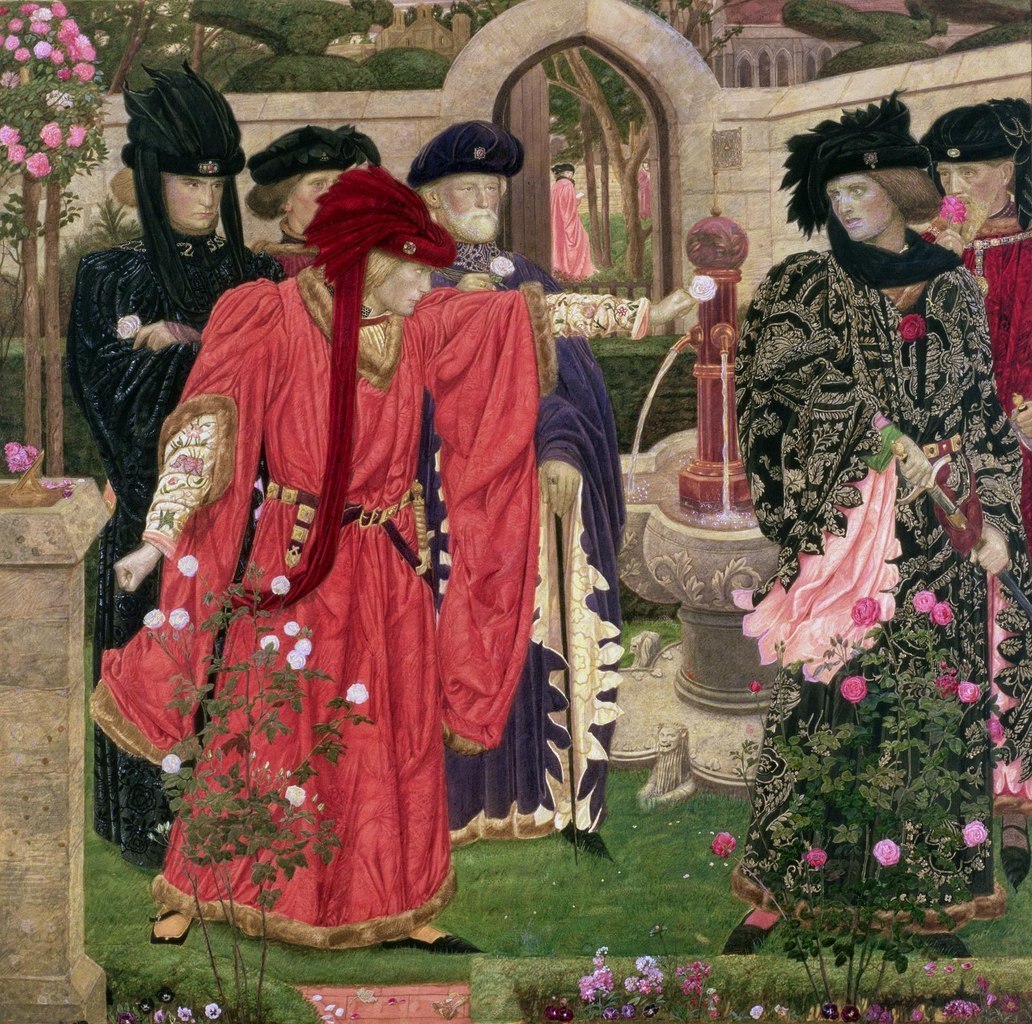 The Wars of the Roses saw the houses of York and Lancaster fight for the throne
The Wars of the Roses saw the houses of York and Lancaster fight for the throne